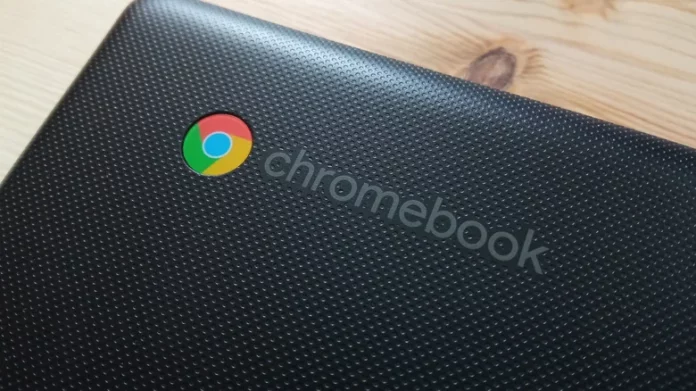ChromeOS has been a notably successful platform for Google, enabling the company to establish a presence in the laptop market without competing at the premium end. Google positioned ChromeOS devices as affordable laptops tailored to meet the specific needs of certain users, particularly within the education sector. Rather than attempting to create a PC experience to rival Windows or macOS, Google never aimed to compete with premium devices like Apple’s MacBook Air and MacBook Pro—products that most PC manufacturers try to imitate or surpass.
Now, with AI becoming the new paradigm of computing, Google has more ambitious plans for its PC operating system. The company intends to merge ChromeOS with Android into a new platform known publicly as Aluminium OS. This operating system will have AI at its core and be designed to run on multiple form factors targeting various price points, including laptops that will directly compete with Apple’s MacBook lineup.
This information comes from a job listing Google posted two months ago, which was recently discovered by Android Authority. The role of “Senior Product Manager, Android, Laptop and Tablets” was advertised but is currently closed for new applications. The listing reveals that Google is focused on building Aluminium OS, an AI-centric Android-based system aimed at premium devices as well as a broader range of products.
Google has already confirmed its plan to merge ChromeOS and Android. In July, Sameer Samat, president of the Android ecosystem, announced the company’s intent to combine the two platforms. Later that year, at Qualcomm’s Snapdragon Summit, he emphasized accelerating AI advancements from Android and rapidly bringing them to the laptop form factor, teasing Aluminium OS’s arrival in 2026. The job description also mentions a variety of form factors—including laptops, detachables, tablets, and boxes—and outlines a product hierarchy with tiers such as Chromebook, Chromebook Plus, Aluminium Entry, Aluminium Mass Premium, and Aluminium Premium. The senior product manager will play a key role in transitioning Google from ChromeOS to Aluminium OS while ensuring business continuity.
The significance of AI integration on laptops aligns with industry trends. Apple has positioned its latest M4 and M5 MacBooks as AI-ready, and Microsoft incorporates Copilot features into Windows. Although Google’s AI achievements on mobile are impressive, ChromeOS currently lacks the capability to offer high-end AI experiences like those powered by Gemini. While Gemini can run on any browser-enabled device, future AI will involve more autonomous behaviors and enable AI chatbots to control applications or even the operating system on users’ behalf. To support this, Google needs a new operating system architecture and premium hardware.
Consequently, it’s likely that Google will eventually develop its own Aluminium OS hardware, including laptops and desktops, to fully showcase Gemini’s AI capabilities. This strategy mirrors Google’s approach in extended reality computing, as seen with Android XR and Gemini powering devices like smart glasses and spatial computers comparable to Apple’s Vision Pro.





